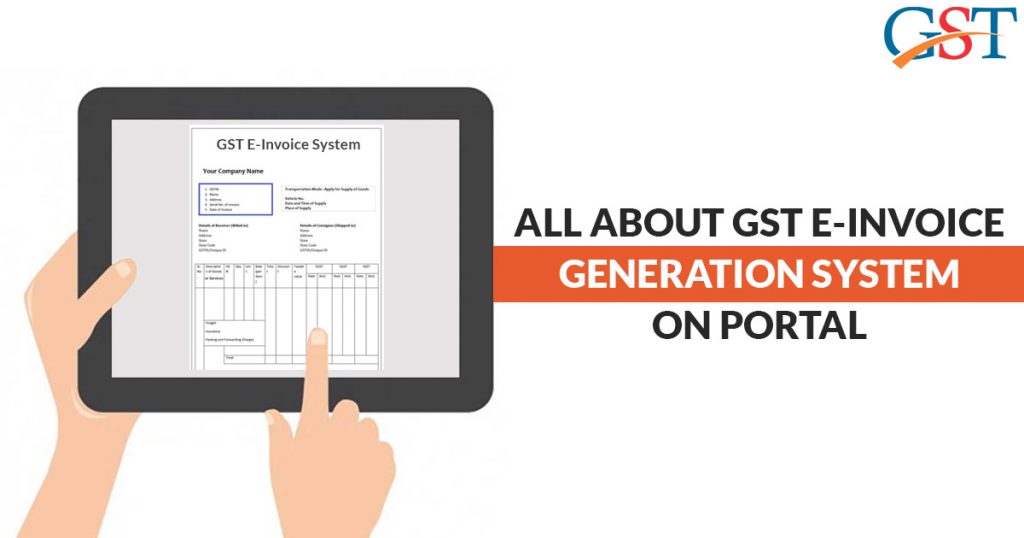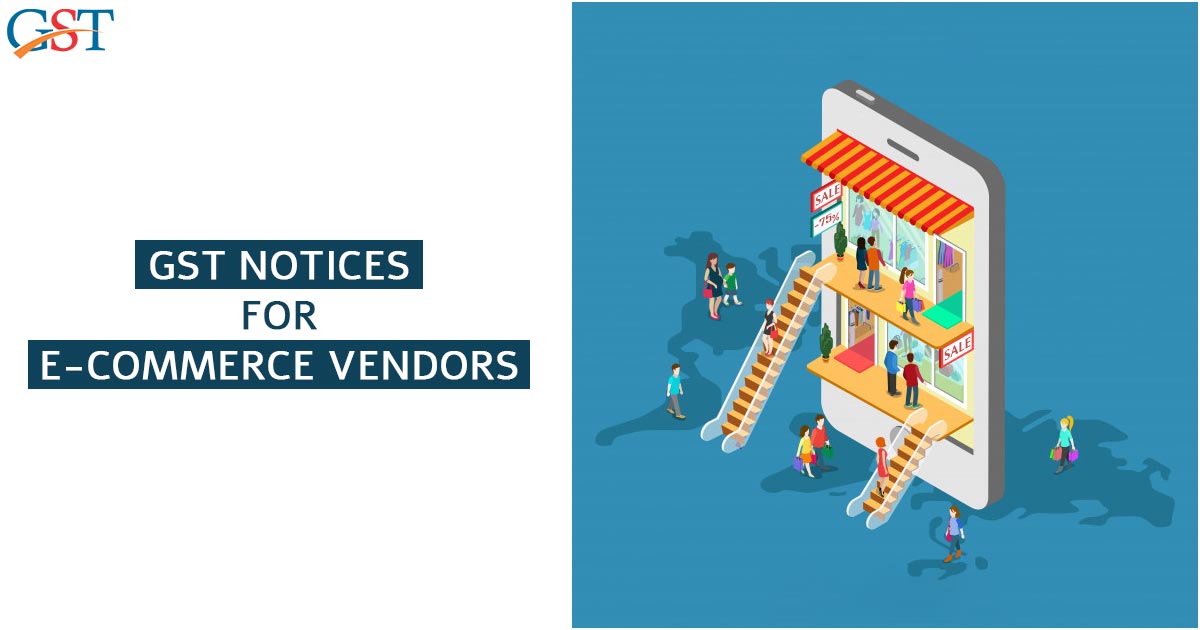
Tax Evasion is still prevalent on a very large scale in India as taxpayers are now deemed to have given false information of sales in self-declared returns to escape tax levy.
Mentioned under the provisions of GST, all e-commerce portals (except service based websites) are expected to get their businesses registered under GST Network. No matter their annual turnover is below or above the threshold limit of Rs. 40 lakhs per year.
Vendors involved in trade through e-commerce portals like Amazon and Flipkart have received notices from GST authorities asking them the reason for the difference in sales declared by e-commerce operators while collecting Tax At Source (TCS) and the sales entered by the sellers in GST Return 3B 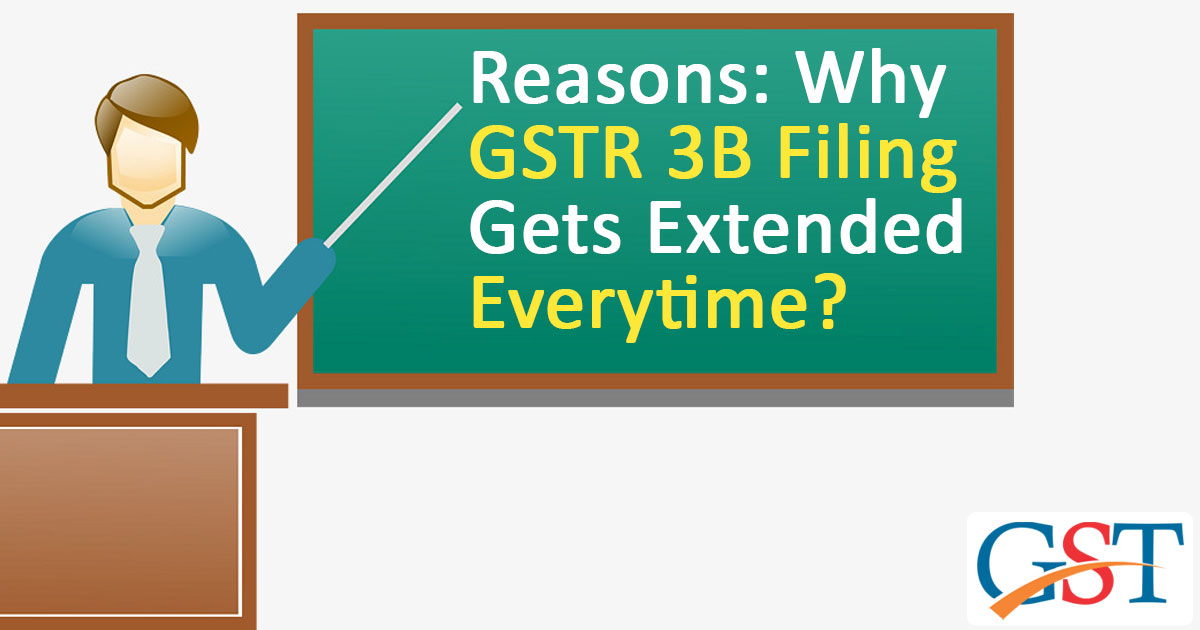
Notice is one of the considerable initiatives taken by the government to highlight the evasion of tax related to e-commerce trade. The concept of deducting TCS online was always supported by people where 1% of the sales will be deducted as TCS by the e-commerce portals from vendors’ accounts and will be submitted to the government. In turn, vendors can use this paid TCS as a credit at the time of paying the taxes.
Notices sent by the government are focused on the sales in-between the period of October 2018 to September 2019.
On analyzing the data available with the GST department, it was clearly noticed that the taxable value of goods declared by the e-commerce operators (while computing the TCS) is mismatched with the amount mentioned in the vendor’s GSTR 3B returns for the period between October 2018 to September 2019.
In one of the GST returns filed by the taxpayers 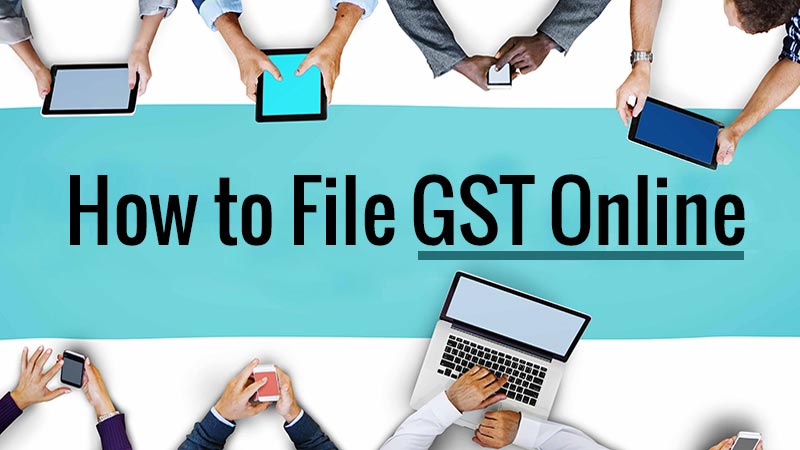
GST officials are estimating the tax frauds of Rs 90,000 crore or more (per year) out of which only 10 to 15% has been identified till now. From those fraud cases that are identified, a large percentage is from circular trading and presenting fake GST invoices for excess ITC Availment.
Read Also: GST Impact on E-commerce Sector in India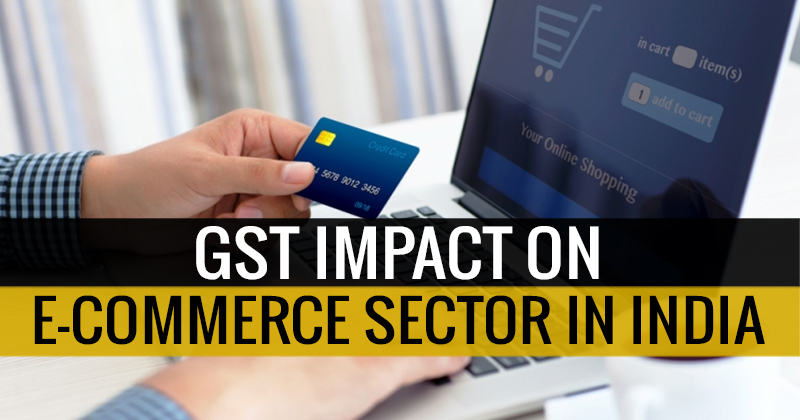
The prime reason for mismatch in the compliance documents is that the e-commerce operators and the online vendors are uploading information separately of the taxable sales happening in the month to GSTN.
‘Now it is prevalent that the vendor who will skip the information of any of the taxable supplies will have to pay the additional tax amount with interest of 18% per annum, said Rajat Mohan, senior partner at AMRG & Associates.
Some tax officials conveyed that these fraudulent practices could be stopped to an extent with the implementation of the e-invoicing under GST 